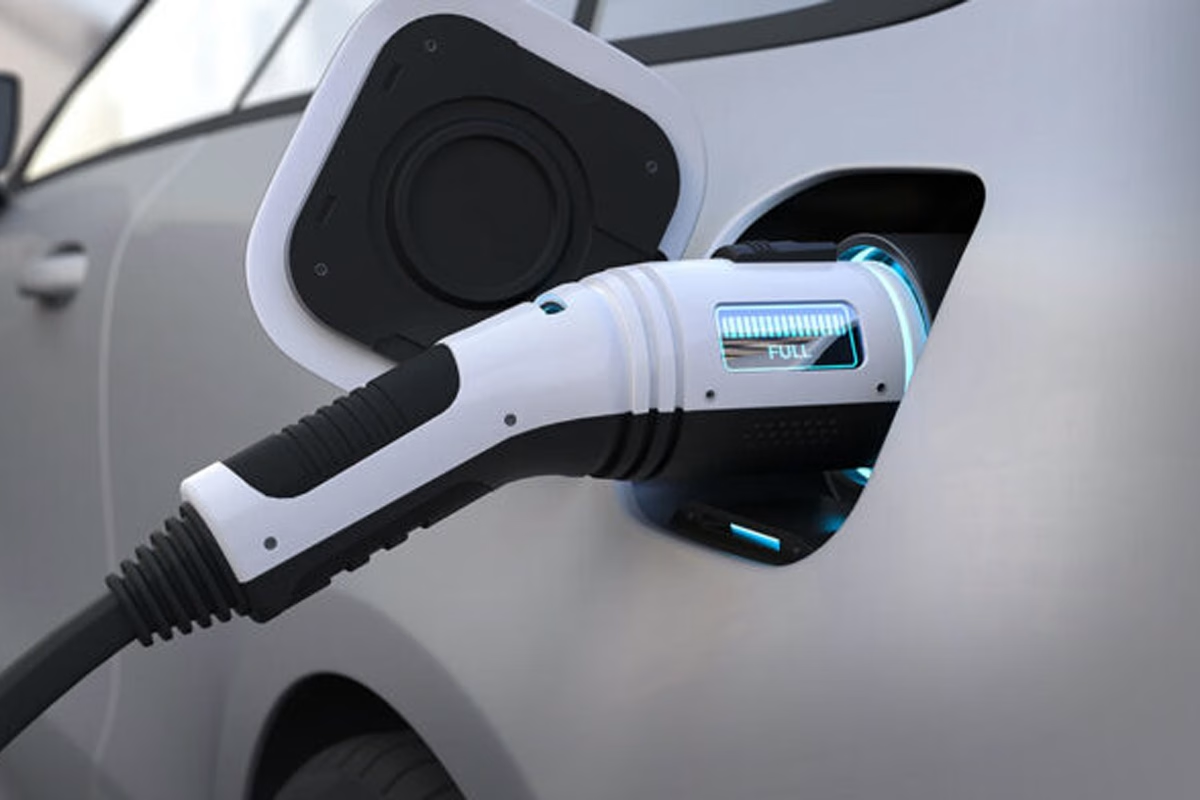
The Donald’s Damage Done
June 10, 2024
Chicago Latest U.S. City to Announce 100 Percent Zero-Carbon or Renewable Energy Goal
June 10, 2024Michael Calabrese
The solar power industry has absorbed deep wounds and losses all across the United States due to the Trump Administration’s commitment to coal and denial of climate change. It’s happening at the federal and state level and the result has been cuts in revenue and job losses. Over the last decade, solar power has been the number one growth industry in the United States. That growth has been cut by policies that eliminate government programs supporting clean energy.
Within two years of taking office, U.S. President Donald Trump has managed to cause multiple trade disruptions among long-time allies and the country’s largest trading partner – China. On February 24th, Forbes Magazine pointed to the damage done by the President’s tariff on the import of Chinese solar panels by citing the loss of 20,000 U.S. jobs directly linked to the tariff.

The most recent attack comes from the state of Kentucky with passage of Senate Bill 100, soon to be taken up by the state assembly and pushed through to passage. Articles in the local press point to one cause, massive campaign contributions to the State’s Republicans from the coal companies and the utilities. They are paying to keep Kentucky locked into the 20th century energy economy, and the State’s politicians are saying yes. When solar panel owners produce more power than they consume, utilities are required to buy that power back through “net-metering” at admittedly premium rates that support the migration to green solar power and away from fossil fuels. The bill’s key feature is to essentially end net-metering by placing the decisions to buy and lower the rates paid well below payments made in surrounding states. While the utilities complain that the rates for solar power buy-backs are higher than other production costs and are unfair to customers who don’t have solar power, the solar power installation firms see that this bill would cut the benefits of installation by 70% and cost jobs. There are only about 1,000 solar panel installations across the state of Kentucky, so there is no economic threat to the utilities or their coal suppliers. What this is really about is making sure that new installations stop while the utilities themselves, develop their own large scale solar panel farms and keep control of the energy market.
One of the major issues is the way this bill is being pushed through to passage in violation to the State’s constitution and the rules of the state legislature. The Senate version went from introduction to passage in 48 hours. It’s certain that the court challenges will be filed shortly. The opposition isn’t just from the solar industry. Kentucky’s long-depressed communities have been developing solar power for their energy needs and look forward to the stabilization of rates and the overall costs of the fossil fuels that have destroyed their land, water and health. Solar power is an essential pillar of the area’s recovery and the utilities are fighting that as they raise rates and tighten their grip on these communities. On the national level, Donald Trump’s tariff policies have hammered employment in the solar industry as the job totals fell by almost 8,000 jobs nation-wide from the 2017 totals. After a decade of steady growth, this is the second year of decline in a row and it’s chalked up to tariffs.
The impact these unnecessary tariffs are having on America’s economy and its workers should not be ignored. The damage, from a decline in jobs to a decline in deployment, far outweighs any potential benefits the administration intended. We hope this data serves as a wake-up call to the administration that the Section 201 tariffs should be reversed before any more Americans lose their jobs.
— Abigail Ross Hopper, president and CEO of the Solar Energy Industries Association (SEIA)




